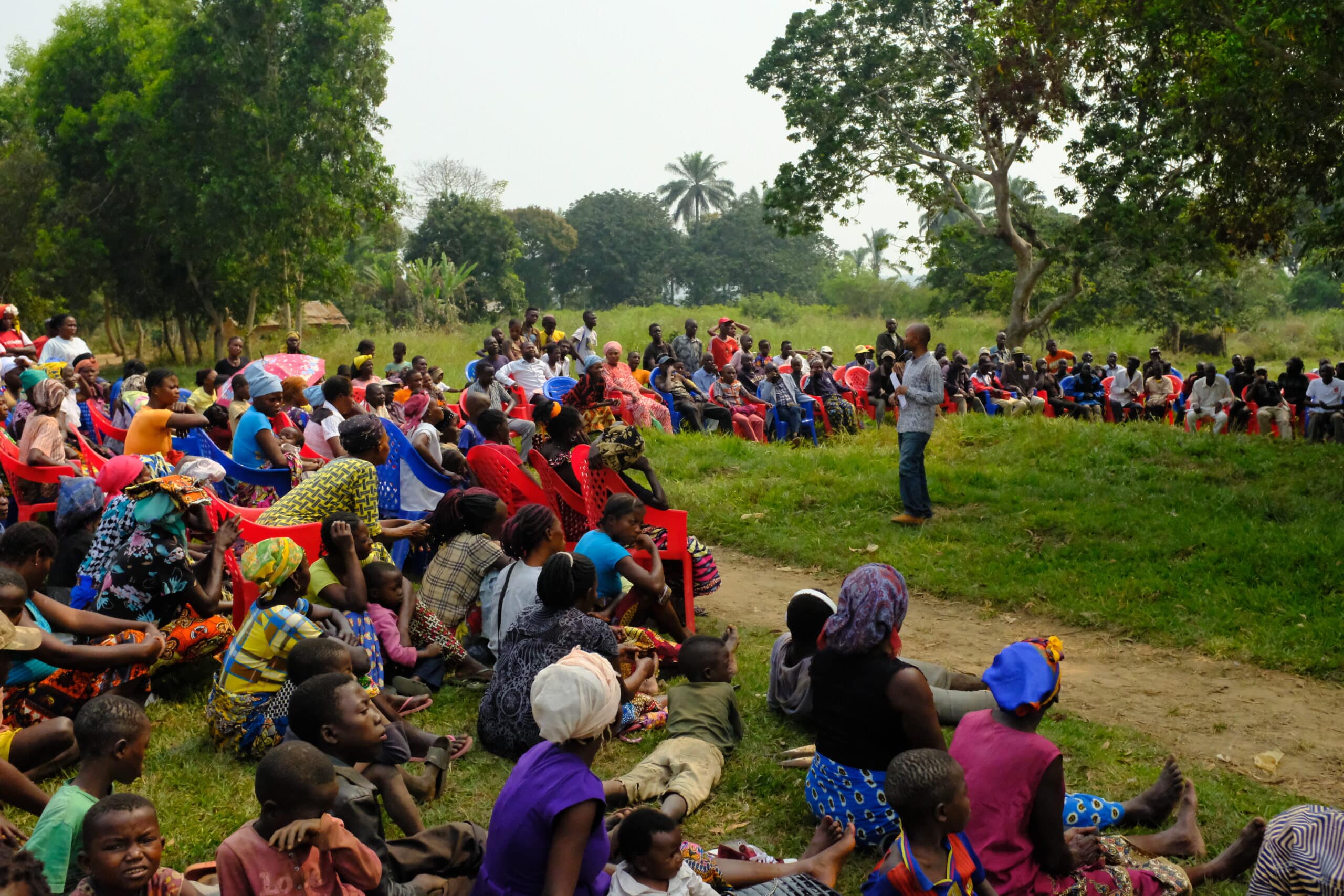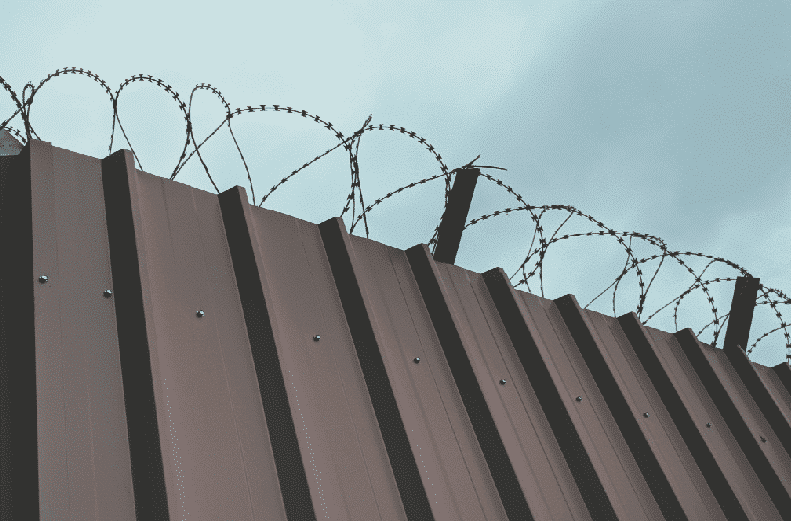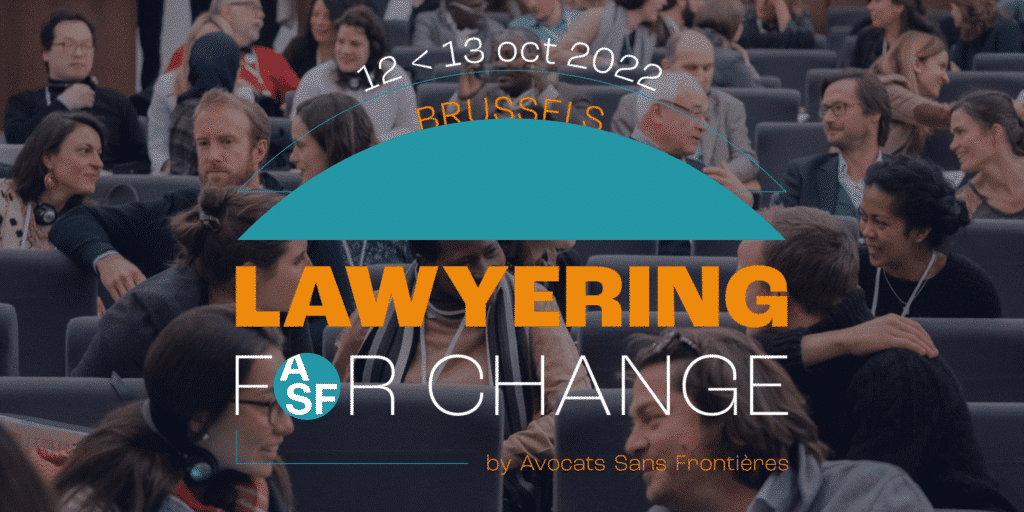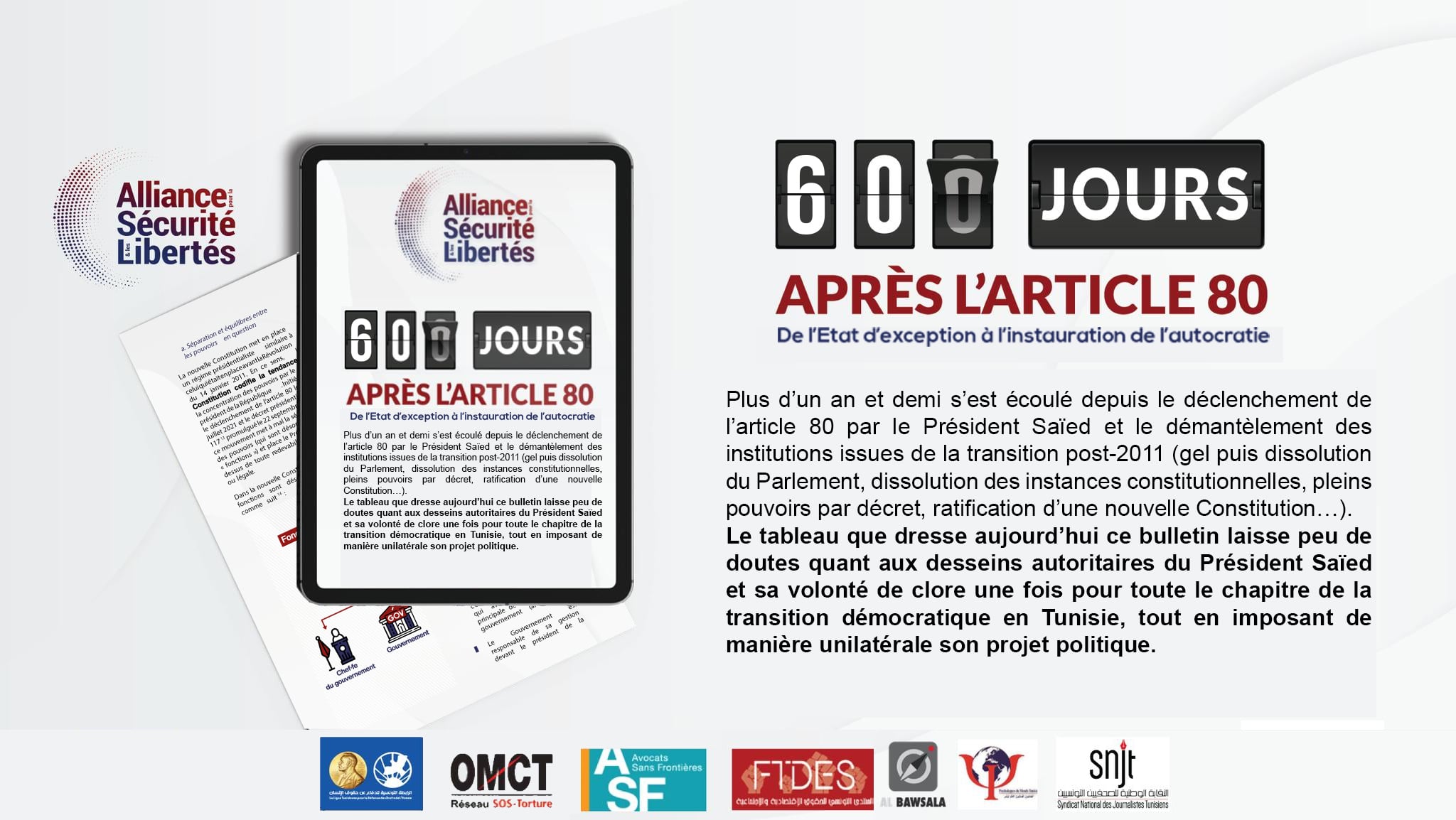Category: Uncategorized
-

ExPEERience Talk #16 – Morocco and Tunisia: How Do Citizens Perceive Minor Offences and Alternatives to Prison?
In Morocco and Tunisia, criminal laws continue to punish behaviour linked to precariousness, marginalisation, or activism. As part of the Campaign to Decriminalise Poverty, Status and Activism, Avocats Sans Frontières (ASF) has conducted two national surveys (in Morocco and Tunisia) on the perception of minor offences and alternative sentences. To share these surveys, ASF invites…
-

Pursuing an integrated approach to Transitional Justice and Disarmament, Demobilization and Reintegration (DDR) in the Democratic Republic of the Congo
Since the emergence of both fields of practice in the 1990s, Transitional Justice (TJ) and Disarmament, Demobilization and Reintegration (DDR) policies, projects and programmes have operated simultaneously in many (post-conflict) settings. However, most often TJ and DDR have been developed and implemented in complete separation from one another. This is despite the recognition that both…
-

Protecting constitutional rights of pre-trial detainees through access to justice in Uganda
ASF’s team in Uganda has just published a baseline study on ‘Protecting constitutional rights of pre-trial detainees through access to justice in Uganda’. It is available on our website and will be presented during an ExPEERience Talk on 2nd March 2023.You can sign up to follow the presentation online.
-

Lawyering for Change 2022: The Programme with the list of speakers is available!
Lawyering for Change 2022 zal meer dan dertig sprekers uit verschillende landen en met uiteenlopende specialisaties samenbrengen, die hun deskundigheid en vooral hun praktijkervaringen zullen delen om licht te werpen op de uitdagingen waarmee de toegang tot gerechtigheid en de rechtsstaat vandaag worden geconfronteerd.


